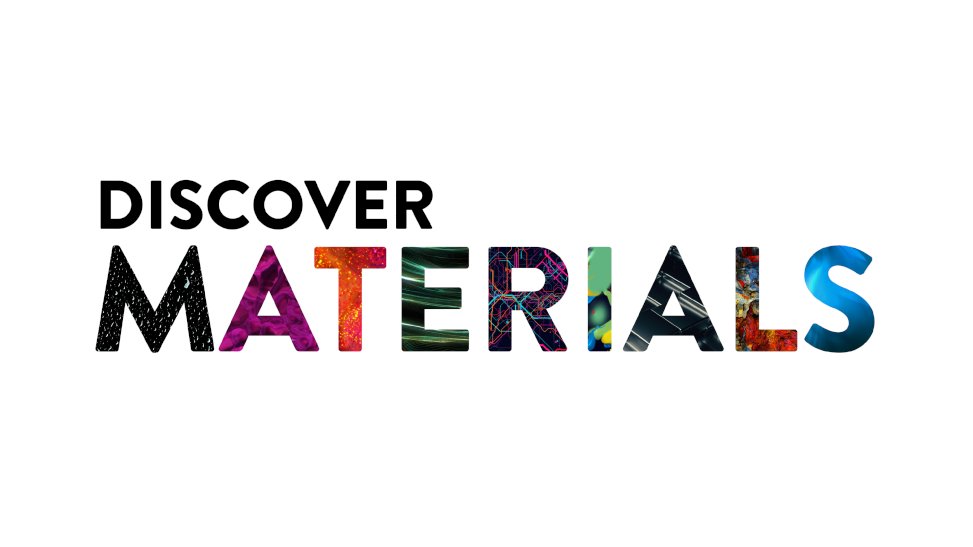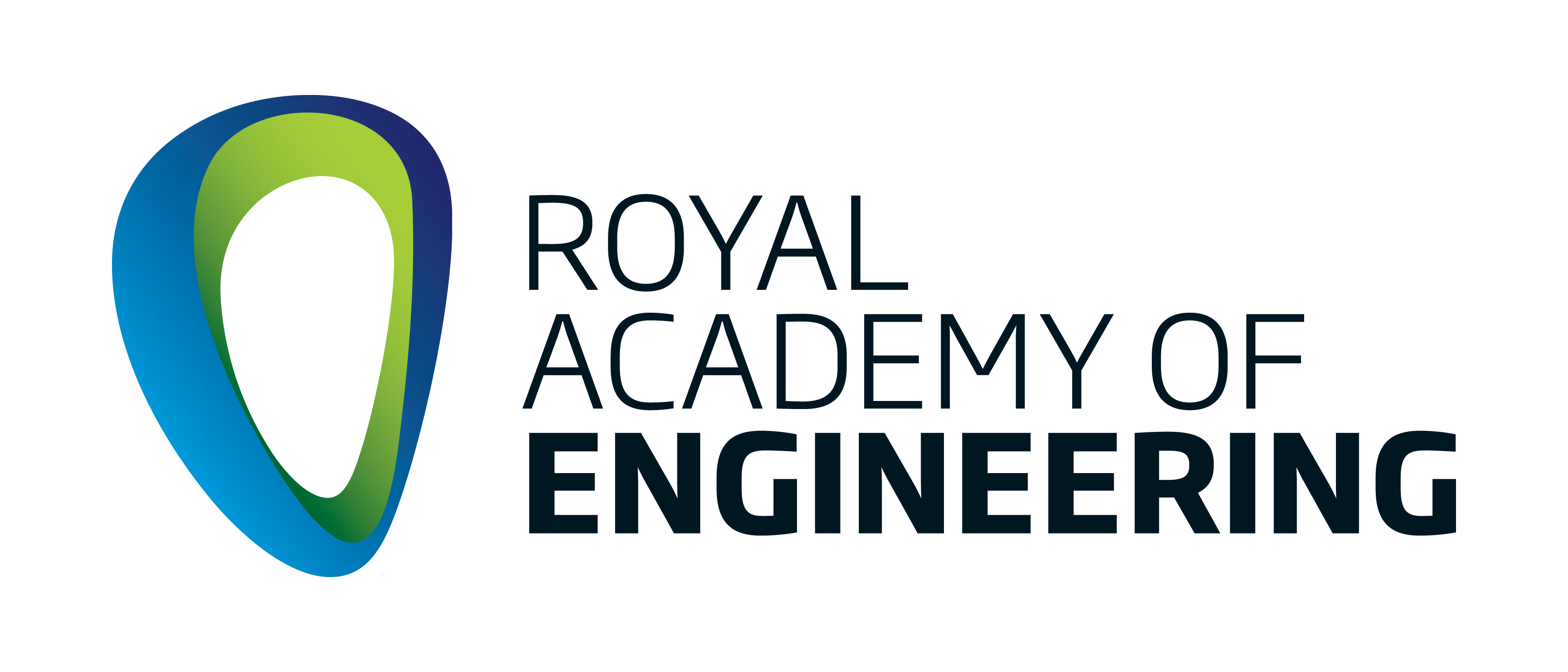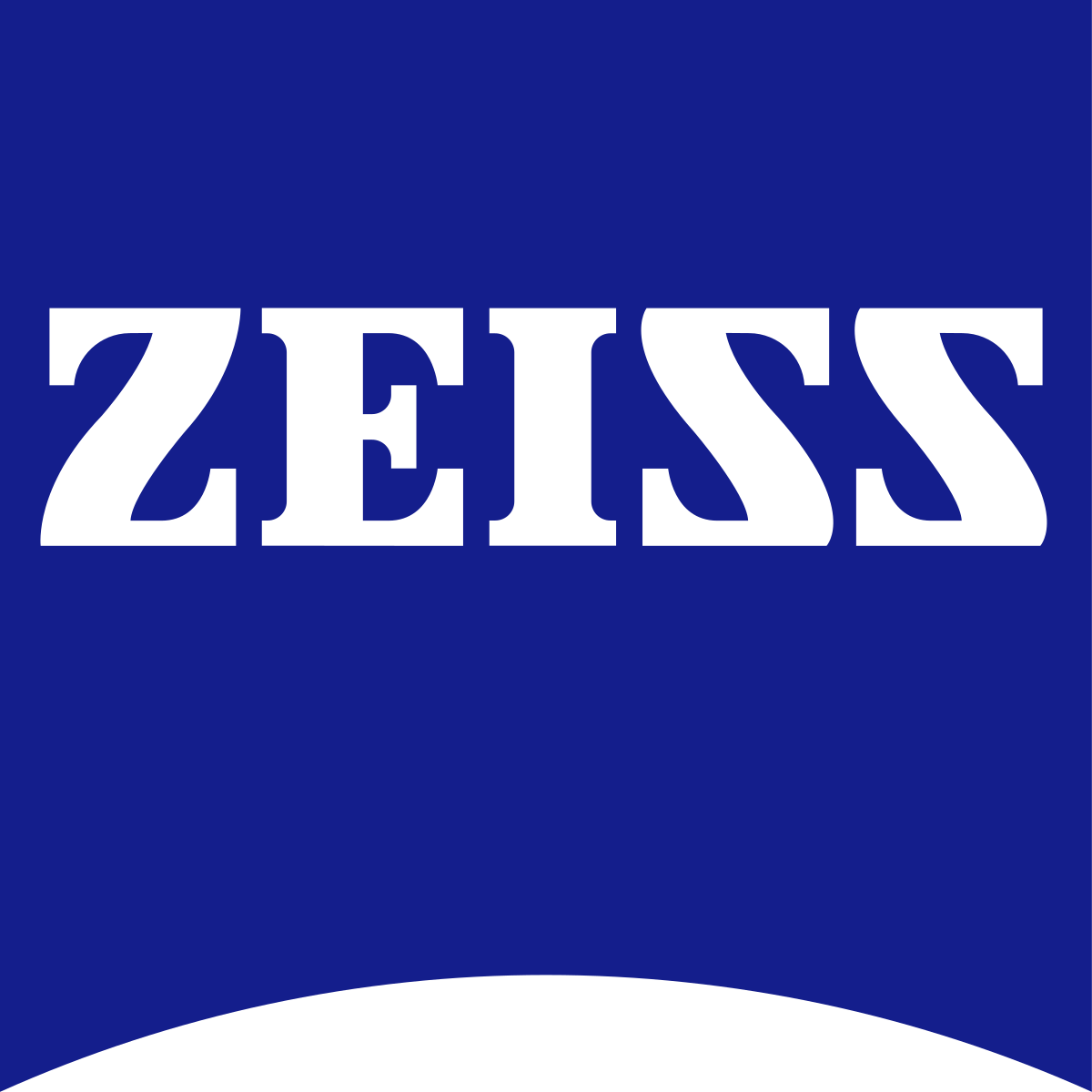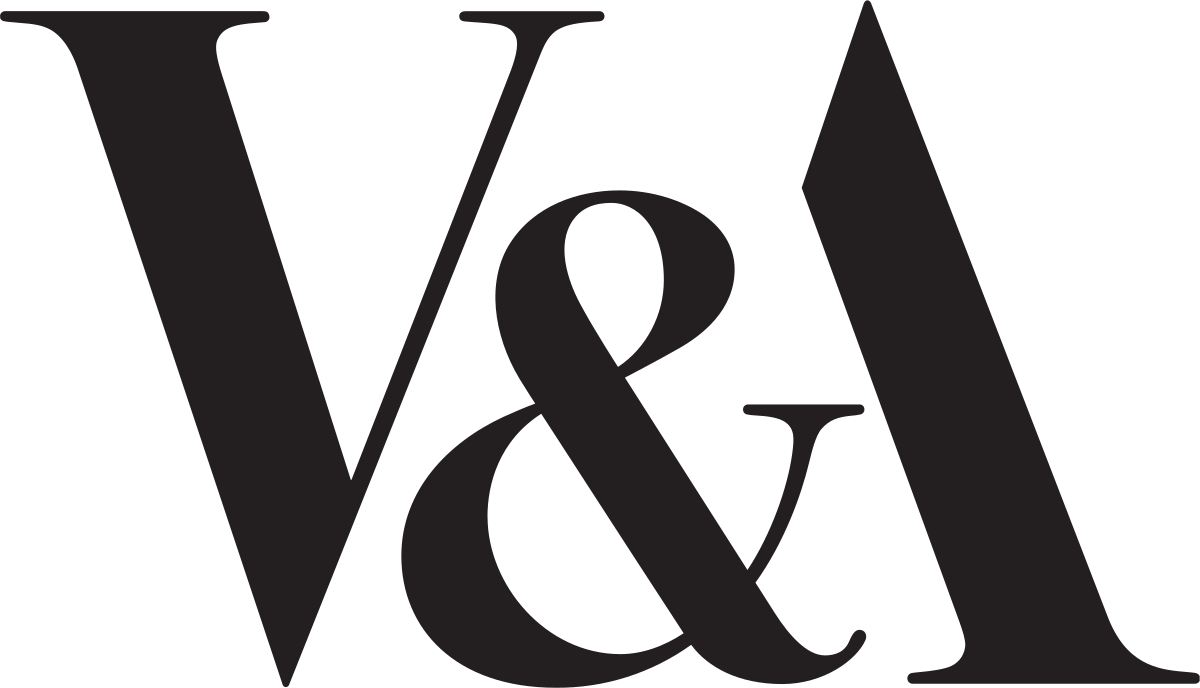Diverse and enjoyable outreach activities are made possible through our partnerships with various universities and industries, who lend their support.
Below are the main partnerships we are currently involved in:
Partnerships
Making Materials Matter is an outreach programme which aims to inspire the next generation of materials scientists and engineers through early and sustained engagement from Yr8-Yr10.
The core programme focuses on Year 8 students. It is centred on independent research projects completed over 6 months with guidance and support from materials ambassadors from Oxford Materials and our university partners.
Making Materials Matter was launched in 2017 and it involves the following institutions: Oxford Materials, Cambridge Materials, Imperial College Materials and Sheffield Materials, with much-appreciated support from The Worshipful Company of Ironmongers.
The programme has expanded from the core research projects. It now includes hands-on follow-up events for Yr9 & Yr10 students, a teacher's conference, and a new digital series of live webinars aimed at KS3 students.
 Discover Materials is a working group of ten UK universities that aim to raise the profile of Materials Science and Engineering (MSE) as both a career and degree choice.
Discover Materials is a working group of ten UK universities that aim to raise the profile of Materials Science and Engineering (MSE) as both a career and degree choice.
Their new website, developed in partnership with the Henry Royce Institute, acts as a gateway for students, their families and teachers to learn about Materials Science and Engineering in their everyday lives. The website also provides information about upcoming events, information about the team and partnerships.
 The Royal Academy of Engineering address the UK’s engineering skills challenge. They work across all phases of education to encourage the widest diversity of people to work as technicians and engineers.
The Royal Academy of Engineering address the UK’s engineering skills challenge. They work across all phases of education to encourage the widest diversity of people to work as technicians and engineers.
Their work spans STEM education in schools, support in post-16 education and higher education, and research and policy to improve teaching & learning for engineering.
We have worked with the Royal Academy of Engineering on initiatives like gifting 500 books to UK Primary Schools.
We also collaborate yearly with Yasmine Fahmy (STEM Resource Developer/Writer at RAENg) in our spring Horizon course "How to Outreach", where Yasmine provides our brilliant students with a carousel of Engineering-focussed Outreach activities to spark their imagination and become our future science communicators.
 Zeiss is one of the world's leading Microscopy companies, providing microscope solutions ranging from optical microscopes for schools to advanced Scanning Electron Microscopes (SEM) and Transmission Electron Microscopes (TEM) for universities, companies, and research institutions.
Zeiss is one of the world's leading Microscopy companies, providing microscope solutions ranging from optical microscopes for schools to advanced Scanning Electron Microscopes (SEM) and Transmission Electron Microscopes (TEM) for universities, companies, and research institutions.
Our collaboration with Zeiss started before the pandemic when Dr Oliver Clarke (Head of Global Service and Customer Care at Zeiss), Dr Ben Britton (Associate Professor at UBC) and Dr Eleonora D’Elia met to discuss the creation of a fully-funded summer school.
The first summer school will be held at Imperial College London in August 2023. Twenty-four students will have the opportunity to experience materials science and microscopy in a fully packed week of workshops, lectures and activities. Students will also learn how to build and operate microscopes, how microscopy and materials science are tightly interlinked and how the in-depth characterisation of materials can lead to a more sustainable future for all of us. The summer school will also feature talks from guest speakers on the use of microscopy in sustainability.
This summer school is fully-funded and open to students around the world. It is a residential summer school that will last a full week, from 21 - 25 August 2023. Students will have the opportunity to visit Cambridge and the Zeiss UK site in Cambourne, carry out tests in the Department of Materials at Imperial College London and win a prize for a final presentation/poster competition on the final day.
Our application link will be added very soon.

Arts and Materials have always been interlinked throughout history. So it became quite natural to link those two disciplines, especially with the Victoria and Albert Museum and the Department of Materials being so close in proximity.
Our collaboration started in 2021, with exploring how materials science has influenced the arts regarding materials selection and properties. For example, how did humans in the 16th century know that turtle shell was one of the toughest natural materials available and perfect for making combs? Why did cutlery evolve from using wood through ceramics and different kinds of metals, even before an in-depth understanding of the material's properties was available? What can we all learn from these lessons and create a more sustainable future?
This collaboration has led to the creation of an interdisciplinary university course titled: "Thinking through materials: can science, history and art illuminate each other?" co-led by the V&A and the department of Materials running for ten weeks for Year 3 undergraduates.